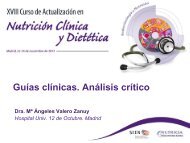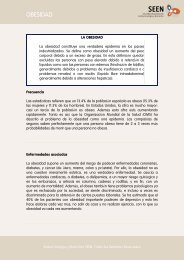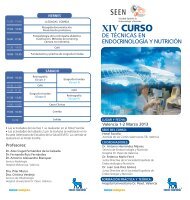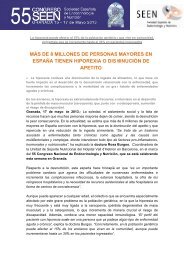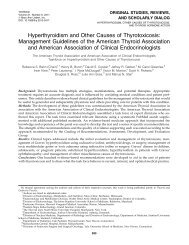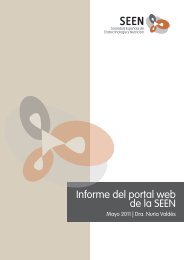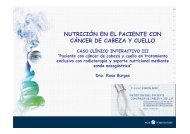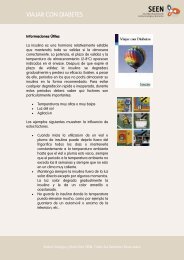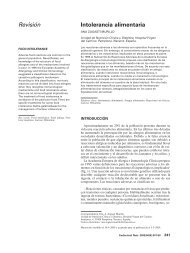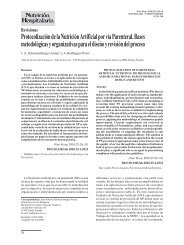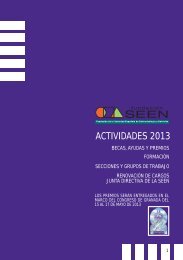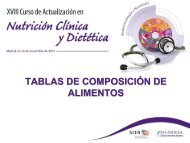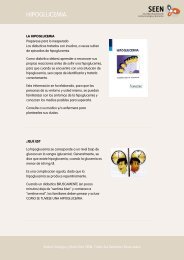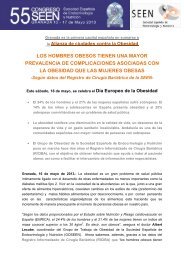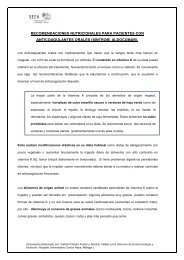Basic Concepts of Fluid and Electrolyte Therapy
Basic Concepts of Fluid and Electrolyte Therapy
Basic Concepts of Fluid and Electrolyte Therapy
You also want an ePaper? Increase the reach of your titles
YUMPU automatically turns print PDFs into web optimized ePapers that Google loves.
50<br />
Patients receiving artificial nutrition (parenteral or enteral) usually<br />
receive an adequate amount <strong>of</strong> water <strong>and</strong> electrolytes via the feed<br />
<strong>and</strong> most do not require additional intravenous fluids. It is a common<br />
mistake to prescribe intravenous maintenance requirements<br />
in addition to the water <strong>and</strong> electrolyte content <strong>of</strong> the feed, leading<br />
to avoidable fluid overload.<br />
(2) This question is crucial. Many patients are fluid overloaded<br />
because prescriptions based on resuscitation are continued<br />
thoughtlessly when maintenance fluids are all that is required.<br />
Tables 1 <strong>and</strong> 2 in Chapter 1 show how low such maintenance<br />
requirements are. For example 1 litre <strong>of</strong> 0.9% saline contains<br />
enough salt to meet 2 days’ normal maintenance requirements.<br />
Intravenous fluid therapy may be needed for resuscitation,<br />
replacement or maintenance, depending on the stage <strong>of</strong> the illness<br />
(Fig. 6).<br />
Inadequate replacement<br />
Replacement<br />
Adequately resuscitated,<br />
but ongoing losses<br />
Resusciation<br />
Adequate replacement,<br />
no ongoing losses<br />
Inadequate maintenance/<br />
ongoing losses<br />
New losses<br />
(e. g. haemorrhage)<br />
Adequately resuscitated,<br />
no ongoing losses<br />
Maintenance<br />
Intravenous<br />
fluids<br />
no longer<br />
required<br />
Oral<br />
maintenance<br />
Figure 6: The relationship between resuscitation, replacement <strong>and</strong> maintenance.



